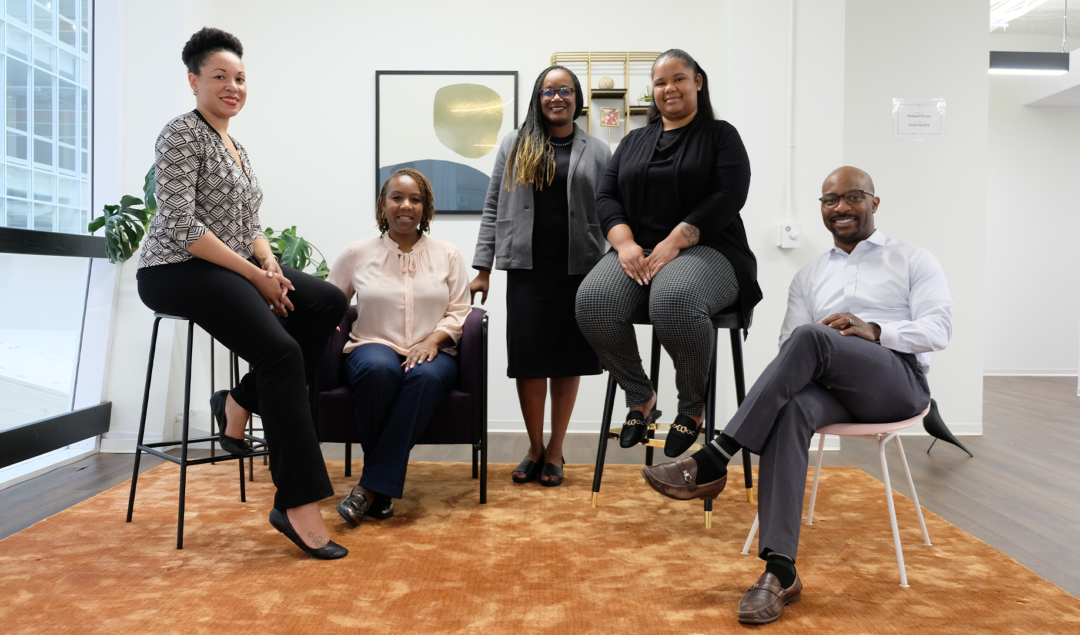Cayaba Care Raises $12M Series A Funding Round To Advance Maternal Healthcare For Underserved Communities

Cayaba Care, a maternity health startup, has announced the closing of a $12 million Series A round that will work to expand the company’s footprint within underserved populations.
The funding will be used to increase staff, launch in additional markets, and further invest in technology solutions that will increase access to much-needed holistic maternity services.
Seae Ventures and Kapor Capital led the Series A round and new investors include Wellington Partners, Citi Impact Fund and Rhia Ventures.
Founded in 2020 with a mission to improve community outcomes by reimagining how maternity and pediatric care is delivered, Cayaba Care focuses on bridging the maternal health gap for the more than 60,000 US women who are affected by severe maternal morbidity.
This latest round, which totals $15M to date with return investments from 100 percent of its institutional seed round funders (Digitalis Ventures, SteelSky Ventures, Flare Capital), will allow Cayaba to further expand its home-based multidisciplinary care team and provide holistic pregnancy care for the various populations it serves.
“Our team feels grateful to have the opportunity to continue to do this important work. As a former emergency room doctor, a healthcare insurance executive and, most importantly, as a father, I have seen the vast gaps in the system for maternity healthcare, particularly affecting communities of color,” said Dr. Olan Soremekun, CEO and co-founder of Cayaba Care.
“Through this investment, Cayaba will be able to support pregnant people and families in a meaningful way that will reverse the trend of maternal morbidity for our country.”
According to the US Census Bureau, fewer than 4% of healthcare and social services companies are Black-owned, while US women+ digital health dollars make up just 5% of all digital health funding secured, according to data analyzed by Rock Health.
One of the other ways Cayaba Care seeks to grow and scale a unique solution in this space is by establishing a diverse Series A Board that is 50% women as well as 50% Black, a rarity given the demographics of the venture capital industry.



